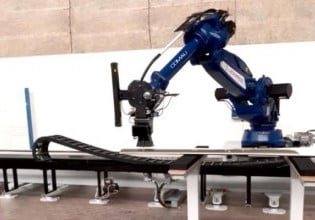C
curt wuollet
The part that intrigues me about this is what you consider extremely high wages. I am arguably a PLC engineer and I have never made or been offered extremely high wages. Nor has anyone I know. The charges can be extremely high to borrow one from a vendor or provider, but service charges most often have little to do with wages. The wages are in line with other technical fields.
I do know that it's a good idea to use the ones who are paid well, because their success rate is _much_ higher than having just anyone do it. Some places I've worked thought a couple days of training was all that's required for anyone to do it, and the question sort of implies that. These companies generally eventually come to the realization that, yes, someone who knows what they are doing is worth what you have to pay. But you can pay a lot and still get someone who doesn't. That's why I said some are and some aren't.
Regards,
cww
I do know that it's a good idea to use the ones who are paid well, because their success rate is _much_ higher than having just anyone do it. Some places I've worked thought a couple days of training was all that's required for anyone to do it, and the question sort of implies that. These companies generally eventually come to the realization that, yes, someone who knows what they are doing is worth what you have to pay. But you can pay a lot and still get someone who doesn't. That's why I said some are and some aren't.
Regards,
cww






